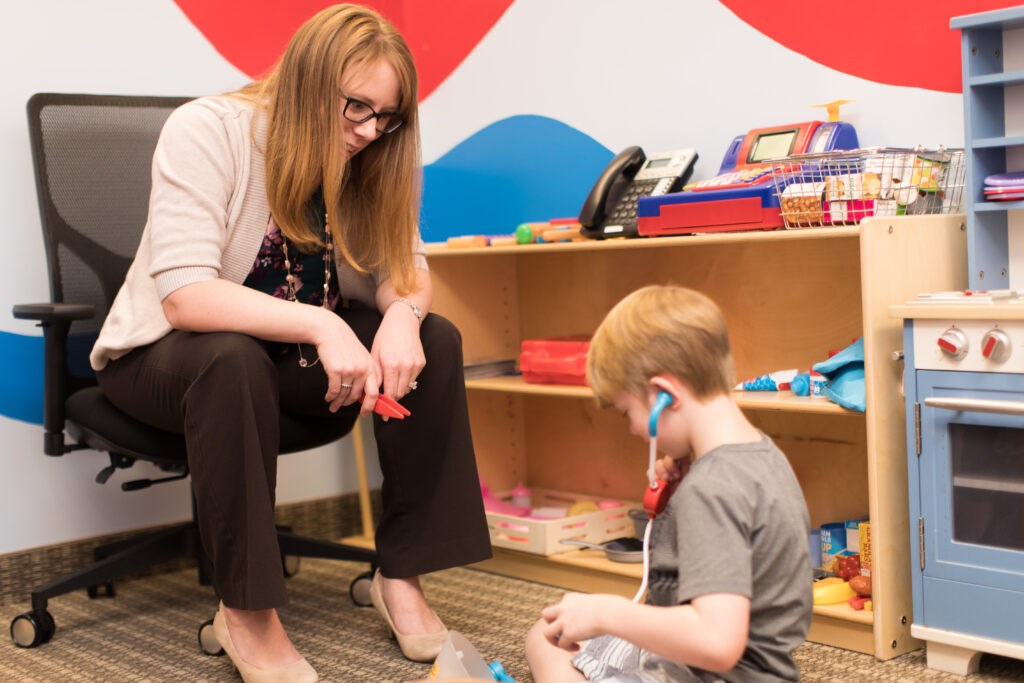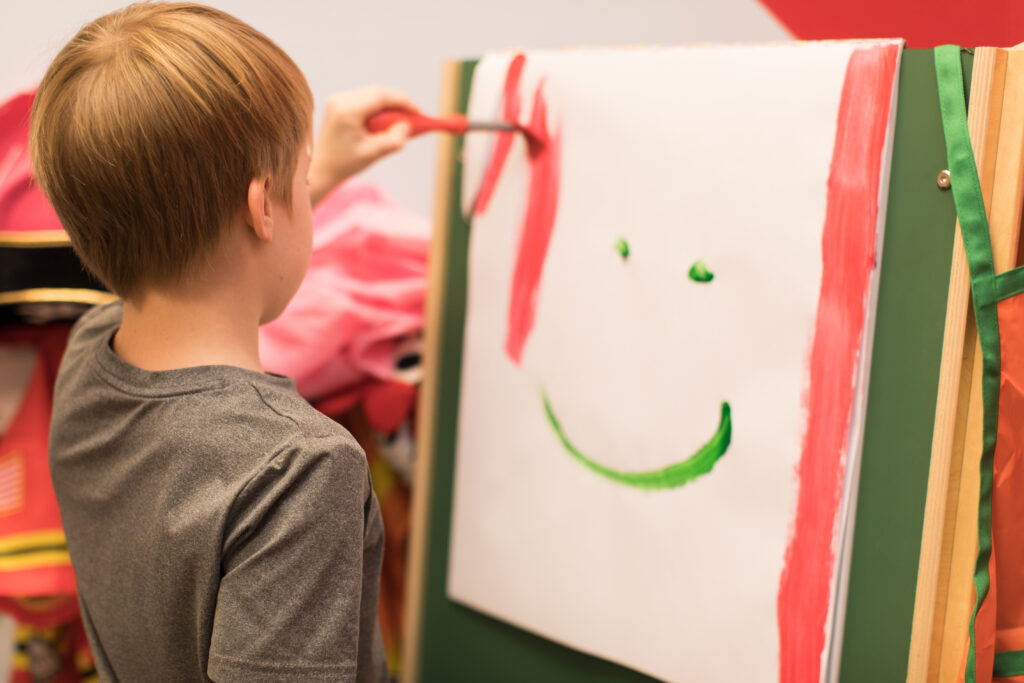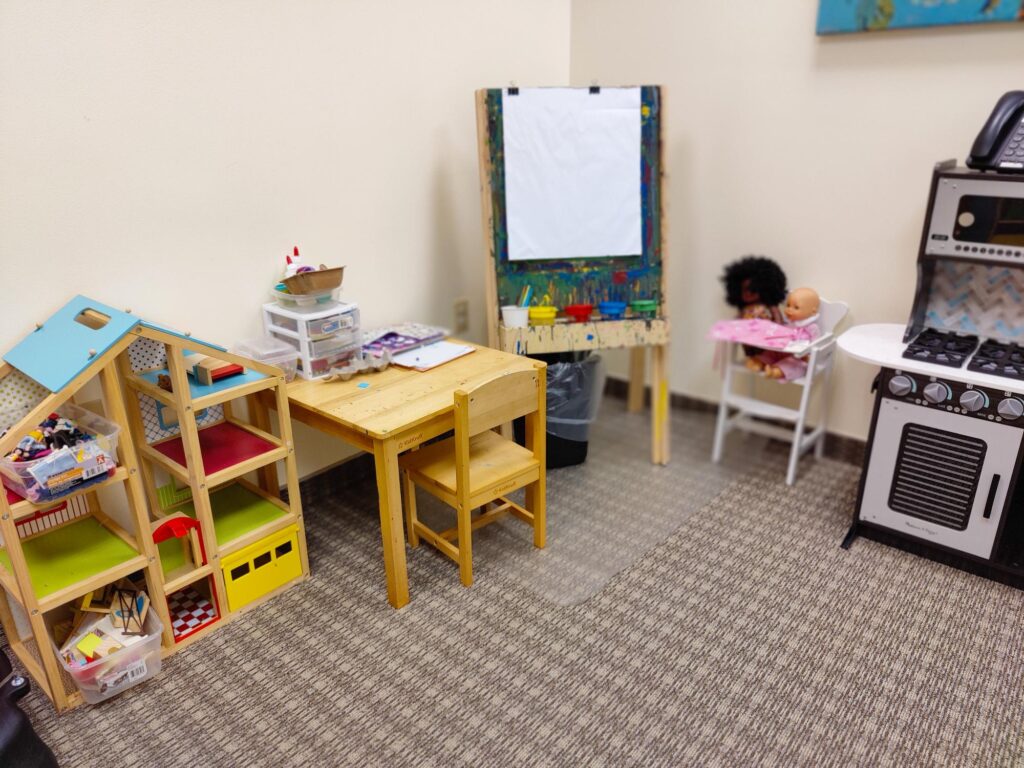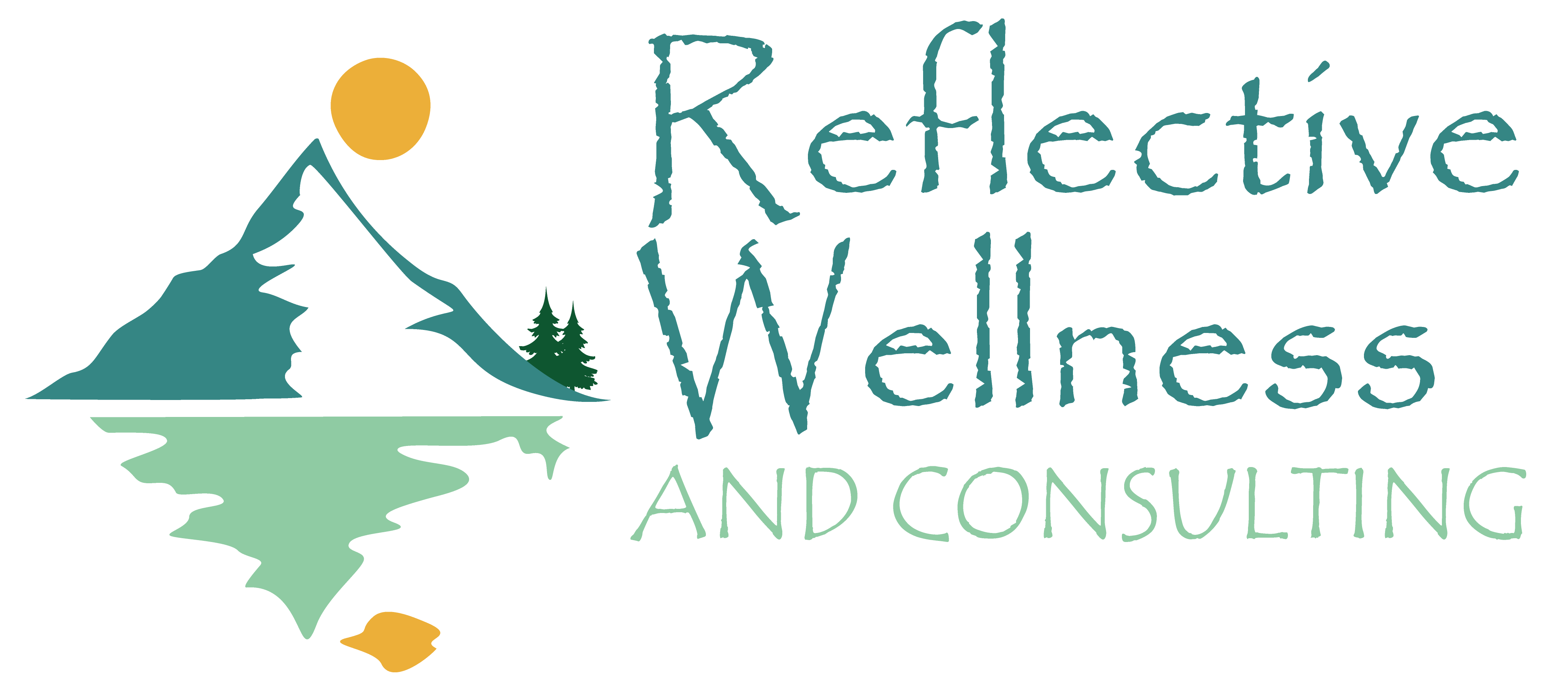Child Therapy (ages 3 - 9)
Having trained in various modalities for working with children, Dr. Rudd found the most success with models that begin with understanding the child’s view on the world, their own struggles and innate skills and motivation to make a change. When we step out of the child’s lens and see the problems, and solutions, through an adult perspective we often miss the most important part – the child.
Dr. Rudd uses Child-Centered Play Therapy (CCPT) to work directly with the child in a developmentally appropriate way, through play. She has received advanced training and supervised experience to facilitate, interpret and guide the therapy process in a way that honors the child’s own strengths and areas of growth but also in a way that is fun, rewarding and effective. Much like how “talk” therapy just looks like talking, “play” therapy can look just like play. However, there is a lot more going in the session that brings about meaningful and long-standing change in your child’s life.
How Does Play Therapy Work?
Effective therapeutic change occurs when an individual can identify what is causing their problems, learn how to go about changing their behavior or environment, and use new skills or insight to bring about lasting change. All this requires abstract thought and the capacity for advanced reasoning skills which children under the of 10 do not yet possess, and those ages 11 to 17 only partially realize.
Young children are concrete thinkers which mean they learn best by having direct contact with people, places or things. Consequently, traditional talk therapy requires abstract thought, an expansive and diverse vocabulary along with advanced reasoning skills all of which are foreign or cumbersome for children or adolescents.
Children across the globe learn, explore and understand their world through play so it only makes sense that therapists can use the developmentally appropriate use of play to help children understand, express, and cope with life’s most difficult problems.
We use fun, interactive and concrete play opportunities to ensure our therapists will observe the concerning symptoms or behaviors in question and work with your child to build new skills, express needs more clearly or understand life’s difficult tragedies.
To learn more about Play Therapy please visit:




